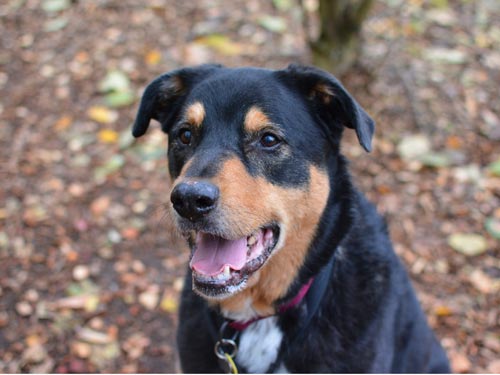Celebrate the Season with Pets: Tips for a Safe Holiday
 ‘Tis the season to feast with family and friends, and here are some tips to help you ensure the holidays are a positive experience for people and pets alike. Spare your pet a visit to the vet by following these tips:
‘Tis the season to feast with family and friends, and here are some tips to help you ensure the holidays are a positive experience for people and pets alike. Spare your pet a visit to the vet by following these tips:
House rules: Pets thrive on routine. Please make sure your holiday guests understand your pet’s “house rules” when it comes to play time, treats, jumping, getting on counters, table scraps, and the like. Help guests keep your pet mindful of his/her training and good manners.
It may be best to keep your pet secure in a room of their own with a puzzle toy (perhaps stuffed with tasty treats) to keep them entertained.
Careful with candles: Don’t leave candles unattended—a wayward tail can knock them over and potentially cause a fire.
Take care with turkey: That turkey or other meaty dish might bring your pets begging, but be careful with what you give them. Remove skin, excess fat and any bones from turkey and other meats. All meat should be well-cooked, and avoid giving your pet gravy as this can cause diarrhea and other problems.
Cut the chocolate: Chocolate is particularly bad for dogs, due to a chemical called theobromine. Even a very small amount of dark, semi-sweet or baker’s chocolate can be toxic to your pets.
Preparation precautions: Keep an eye on your pet while you prepare food. Raw dough can cause a variety of problems for pets, from raw eggs containing harmful bacteria to bread dough that rises and can cause severe bloating inside a pet’s stomach.
Make sure to keep curious pets away from the oven and other hot surfaces. Packaging can also be problematic: plastics, strings, foil, and other food packaging can be very attractive to a pet but harmful if swallowed. Be sure to promptly dispose of all packaging into a secure trash can.
Omit onions: Be careful with alliums (onions, garlic, leeks, scallions) and give only small amounts to your pet. It’s true that small, well-cooked portions of these foods can be okay if your pet is used to them, but large amounts of these foods can lead to toxic anemia.
X the xylitol: This artificial sweetener is highly toxic to pets. No sweet treats for your cat or dog with this ingredient! Read labels carefully, as this sweetener has become popular in common items such as peanut butter.
Canine or kitty Kong: Keep your pets occupied during mealtime with a fun food-dispensing toy. You can fill a Kong or similar toy with catnip or treats for cats. For dogs, stuff an interactive toy with their usual food or treats. You can even slip in a bit of cooked sweet potato or plain turkey.
Keep it simple: It’s best not to let your pet overindulge. If you give holiday treats, keep portions reasonable, and stick to simple, easy-to-digest foods like plain (no dairy) mashed potatoes, plain boneless/skinless turkey (see above), plain green beans, and the like.
Although they’re part of the family, pets don’t share dietary needs with humans and a treat for us is not necessarily a treat for them. It may be tempting to give in to those big puppy eyes, but if you spend the whole night cleaning up messes or at the vet, you and your pet both will probably wish you hadn’t given “just a little taste!”
When to Call a Vet
If at any point your pet ingests something harmful or shows signs of illness, call your veterinarian immediately. You can also call the ASPCA pet poison hotline at (888) 426-4435 for advice.


